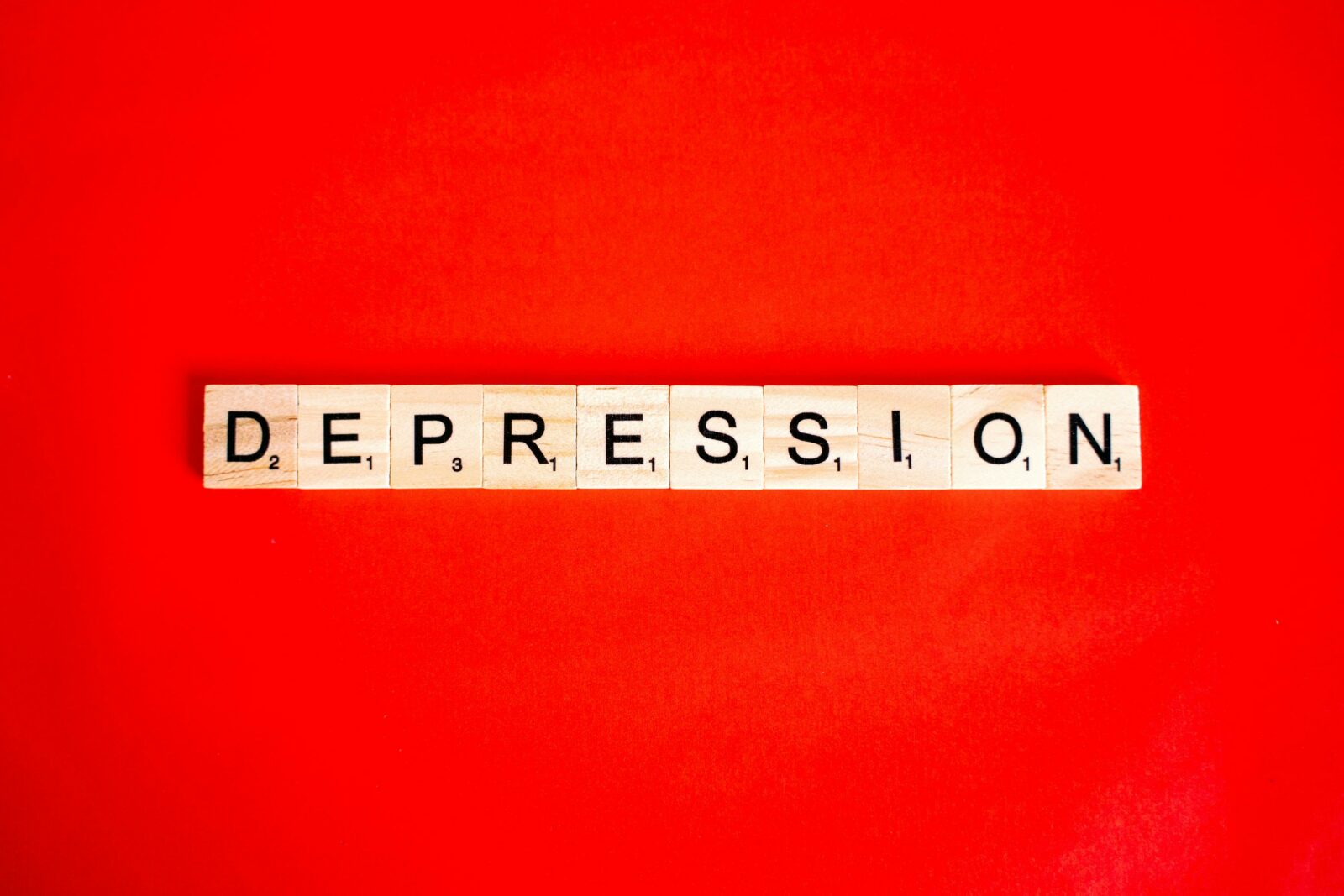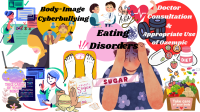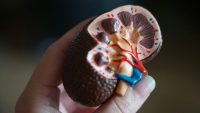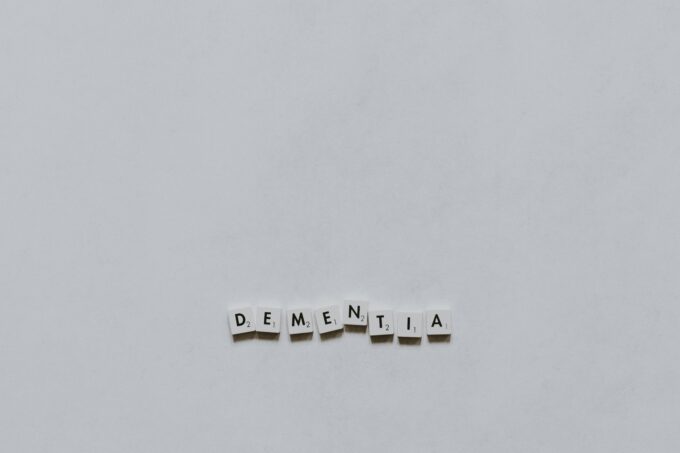Growing up in Guyana, I observed firsthand how mental health was often misunderstood or dismissed. Depression, anxiety, or emotional struggles were rarely called by their names. Instead, these symptoms were often seen through cultural lenses, sometimes attributed to “obeah,” “juju,” or other spiritual causes. We didn’t ask questions like, “Is my child depressed?” because such thoughts were seen as taboo or simply brushed aside.

As a boy, I was taught to “man up.” For girls, it was often said, “It’s all in your mind.” But what if the angry or rebellious child is struggling with depression? What if a teenager’s silence is more than a phase? These questions matter because depression can usually begin early in life, and when left unrecognized, it can grow silently until someone reaches their breaking point.
Mental health is not madness. It is a spectrum of conditions that can begin in childhood and continue through adulthood. And it can affect anyone, regardless of gender, age, or background. For too long, our communities have suffered in silence. It’s time we change that.
The burden of mental illness—particularly depression—is real and deeply felt in Guyana. The effects are visible in our homes, schools, and communities. Suicide remains a tragic endpoint for many, often when all other signs have gone unnoticed or ignored. Despite global progress, the World Health Organization notes that suicide rates in the Americas have continued to rise, unlike other regions where they are declining. In Guyana, the situation is particularly urgent.
To understand why, we must look more closely at depression—what it is, who it affects, and how both our genes and environments shape our vulnerability.
Understanding Depression and Its Genetic Basis
Depression, by definition, is a common mental health disorder characterized by persistent sadness, hopelessness, and a lack of interest or pleasure in activities. However, the spectrum can vary from mild to severe; some individuals may exhibit outward cheerfulness, but inwardly they may be experiencing emotional turmoil. It affects an estimated 3.8% of the global population, including about 5% of adults. Notably, women are approximately 50% more likely than men to experience depression (WHO).
Depression is a multifactorial condition, arising from an interplay of biological, psychological, and social factors. Among the biological contributors, genetics plays a significant role. Research has shown that individuals with a first-degree relative (such as a parent or sibling) with depression are two to three times more likely to develop the disorder themselves.
Although depression does not follow a straightforward pattern of inheritance, certain genes are suspected of increasing susceptibility. These genes may regulate the synthesis, transport, and activity of neurotransmitters—chemicals like serotonin and dopamine that enable communication between neurons (Mariani et al.). Others are involved in brain development, neuron maintenance, and synaptic plasticity—the brain’s ability to adapt and reorganize based on experience.
However, genetics is just one part of the puzzle. Environmental and lifestyle factors—such as substance abuse, traumatic experiences, chronic stress, and certain medications—also substantially contribute to the onset and progression of depression.
Pharmacogenomics and Personalized Treatment
Antidepressant medications, particularly selective serotonin reuptake inhibitors (SSRIs), are a cornerstone of depression treatment. Yet, a significant percentage of patients either fail to respond adequately or experience side effects such as gastrointestinal issues, agitation, or insomnia.
This is where personalized medicine, guided by clinical genomics and specifically pharmacogenomics, becomes crucial. Pharmacogenomics studies how genes influence an individual’s response to drugs, enabling clinicians to predict which medications will be most effective or least likely to cause adverse reactions. Recent studies have explored biomarkers associated with antidepressant efficacy and side effects. Identifying such genetic markers could enable healthcare providers to tailor treatments to each patient’s unique genetic profile, thus improving outcomes and minimizing harm (Mariani et al.).
The Role of Gene Expression in Treatment
Gene expression—the process by which instructions from genes are used to produce proteins or functional RNA—is tightly regulated in the human body. Disruptions in gene expression are implicated in numerous diseases, including depression.
Therapeutic interventions such as antidepressants can modify gene expression, particularly in genes involved in brain plasticity like Brain-Derived Neurotrophic Factor (BDNF). While such modulation may improve mood and cognitive function, unintended changes in gene expression may also cause side effects. Understanding these mechanisms is essential to advancing precision medicine in mental health care.
Conclusion
The high suicide rate in Guyana compels us to rethink how we address depression and mental health. Integrating genetics and personalized medicine into our approach could revolutionize how we diagnose, treat, and ultimately manage depression.
More importantly, we must work together to break the stigma surrounding mental health. It begins with open conversations—encouraging individuals to speak up, seek help, and view mental health as a vital component of overall well-being. As healthcare providers, we must earn the trust of our patients, base our care on evidence, and commit to a patient-centered approach.
Depression is as real and urgent as any physical illness, and deserves the same level of care and persistence in treatment as other illnesses. So, I encourage you to pause and reflect:
- Have you been feeling overwhelmed, hopeless, or emotionally drained lately?
- Are there moments when you’ve wanted to talk, but felt afraid of being judged or misunderstood?
- Have recent life changes, stress, or loss affected your emotional well-being?
- If you had access to support—whether counseling, medical care, or a trusted listener—would you take the first step toward healing?
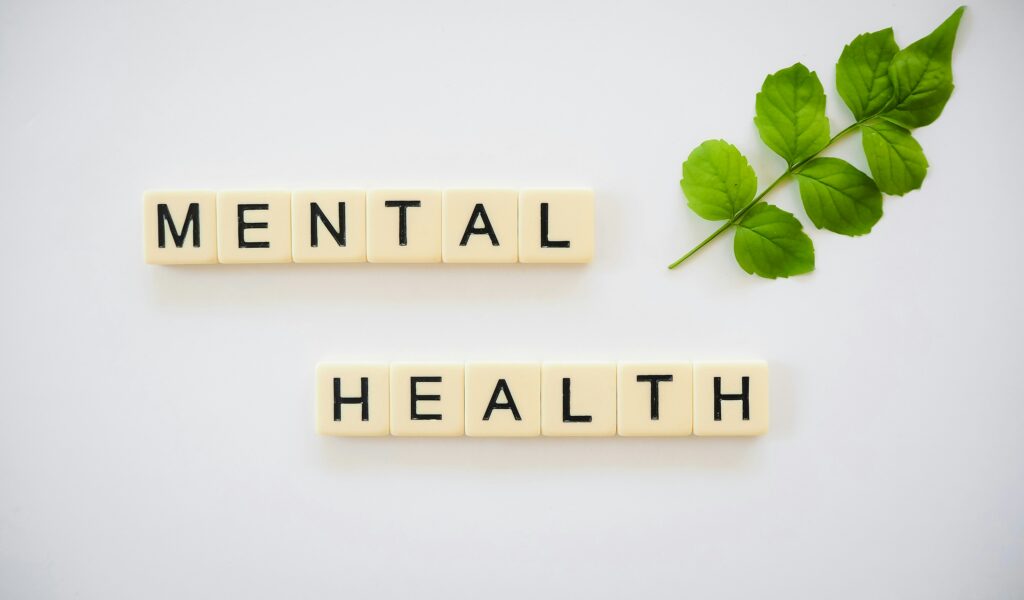
If you or someone you know is experiencing symptoms of depression or suicidal thoughts, please contact the Suicide Prevention Hotline in Guyana at 915 or contact the Mental Health Unit at 225-0804 or 223-6604.

